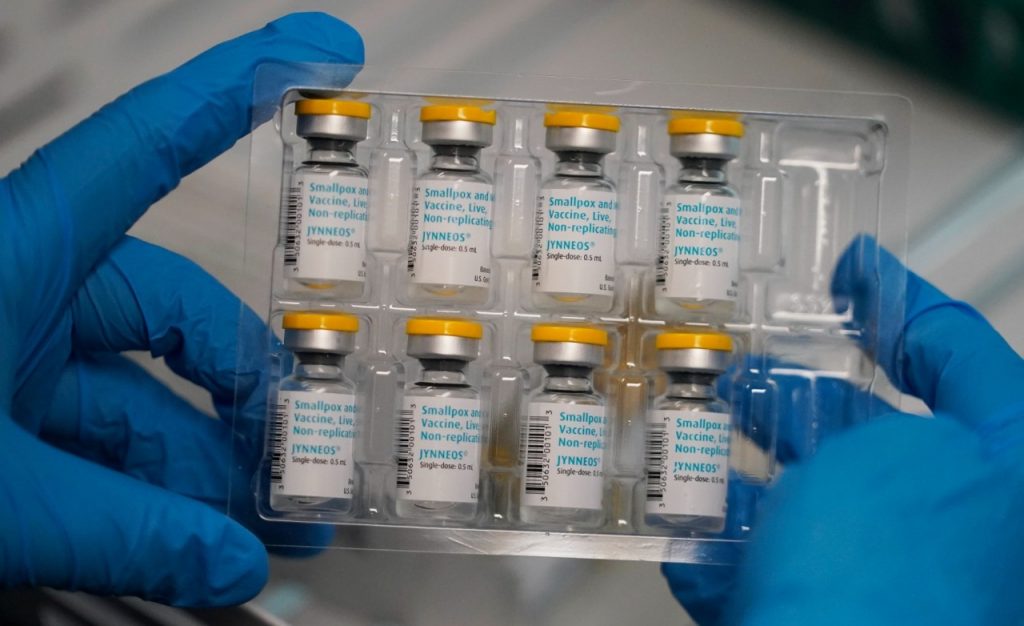
House Oversight chairwoman calls on HHS to declare monkeypox a public health emergency
The chairwoman of the House Oversight Committee on Friday called on the Biden administration to declare monkeypox a public health emergency.
“As the monkeypox virus continues to spread across the United States, I urge you to immediately declare a public health emergency so that the federal government can use every resource and tool available in its response and rapidly increase availability and access to vaccines, tests, and treatments nationwide,” Rep. Carolyn Maloney (D-N.Y.) wrote in a letter to Health and Human Services Secretary Xavier Becerra.
According to Maloney, a public health emergency would allow HHS to access emergency funds to “empower a more robust response.”
“The federal government must take every step possible to mitigate the threat monkeypox poses to the health of people in the United States before it is too late,” Maloney wrote.
There are currently more than 4,900 confirmed cases of monkeypox in the U.S., including more than 1,000 in New York City alone. Experts also say that number is likely an undercount.
The World Health Organization on July 23 declared monkeypox an international public health emergency, though Becerra said he has not made any decision yet.
“We continue to monitor the response throughout the country on monkeypox,” Becerra said at a briefing Thursday. “We will weigh any decision on declaring a public health emergency based on the response we’re seeing throughout the country. The bottom line is: we need to stay ahead of this and be able to end this outbreak.”
More than 99 percent of reported cases are in men, and the vast majority of those are among men who have sex with other men, though health officials have stressed that anyone can catch the virus.
The virus is not airborne, but is spread through extended, close contact with an infected person.
“Every American should pay attention to monkeypox. Monkeypox is not COVID, but it is contagious. It is painful and can be dangerous,” Becerra said.
A vaccine is available, though local health officials have said their supplies remain extremely limited.
The White House on Thursday announced distribution plans for 780,000 shots of the Jynneos vaccine. The doses will be allocated to states, cities and other localities based on their case numbers and the size of their populations that are considered high-risk for the disease.